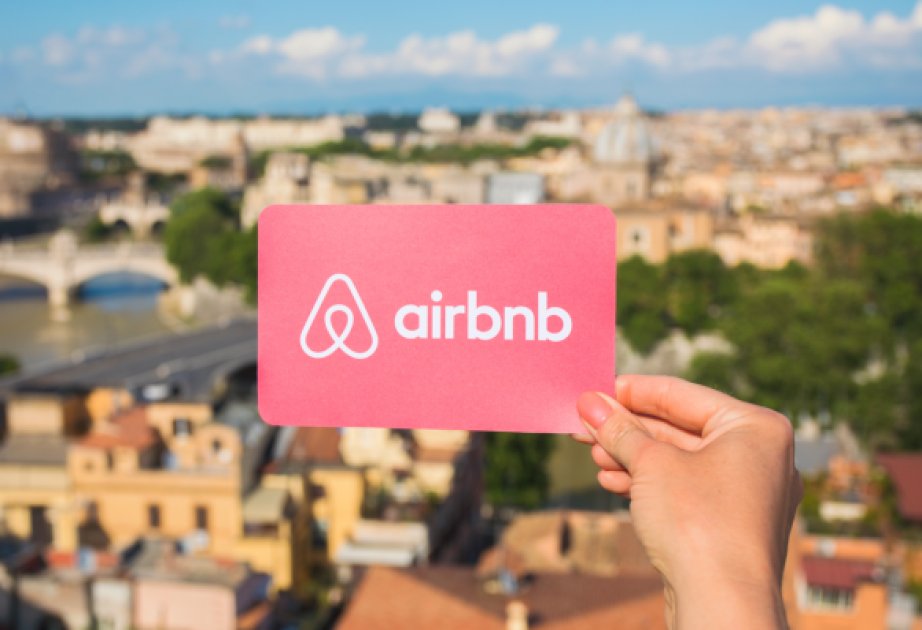By Alimat Aliyeva
Spain’s Ministry of Consumer Affairs announced on Monday that it
has ordered short-term rental giant Airbnb to remove more than
65,000 listings from its platform, citing violations of existing
housing regulations, Azernews reports.
The move is part of a broader national and regional crackdown on
unlicensed vacation rentals, which many Spanish citizens and local
officials blame for driving up housing costs, reducing long-term
rental availability, and contributing to overtourism in cities like
Barcelona, Madrid, and Seville.
According to a statement from the ministry, most of the affected
Airbnb listings lacked a required license number, while others
failed to disclose whether the host was a private individual or a
business entity, as reported by Reuters.
Consumer Affairs Minister Pablo Bustinduy said the government
aims to end the widespread “lack of control” and “illegality” in
the vacation rental sector. “Our objective is clear: to defend
access to housing, enforce the law, and protect consumer rights,”
he added.
The Spanish government is not acting alone. City councils and
regional governments across the country have joined forces in what
has become a coordinated campaign against short-term rental
platforms such as Airbnb and Booking.com.
In one of the most dramatic steps to date, Barcelona’s Mayor
Jaume Collboni announced in June 2024 a total ban on tourist
apartment rentals by 2028, a first in Spanish history. The city,
long plagued by high rents and a saturated tourism industry, is
hoping this measure will rebalance the housing market in favor of
residents.
Spain’s efforts echo similar moves in other European cities.
Amsterdam, Paris, and Berlin have all introduced stricter
regulations on short-term rentals in recent years. What sets Spain
apart is the scale and coordination of its campaign—and the growing
political consensus that curbing short-term rentals is essential to
solving the country’s housing crisis.
